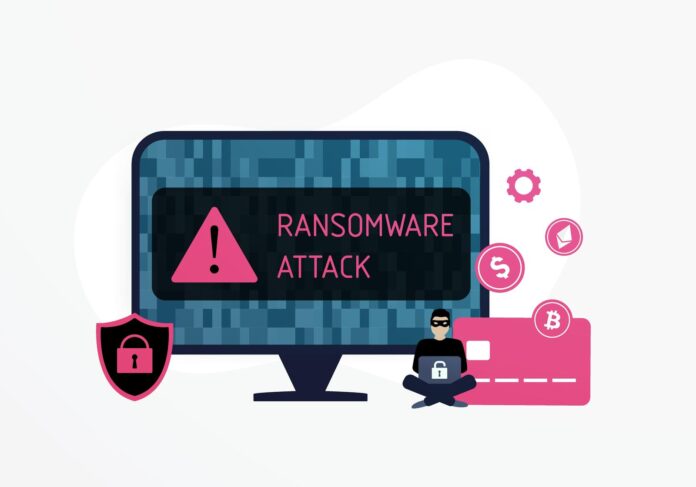In a major cybersecurity incident, a ransomware attack on a technology service provider has forced nearly 300 small banks across India to temporarily shut down their payment systems. The attack, which has sent shockwaves through the banking sector, underscores the vulnerability of financial institutions to cyber threats.
The Incident
The attack targeted C-Edge Technologies, a prominent provider of banking technology solutions to small banks throughout India. As a direct result of this breach, C-Edge Technologies was temporarily isolated from the retail payments system operated by the National Payments Corporation of India (NPCI). This isolation was a preventive measure to safeguard the broader payment network from potential contagion.
The Reserve Bank of India and C-Edge Technologies have not yet issued official comments on the incident. The NPCI, however, released a public advisory stating that customers of the affected banks would experience disruptions in accessing payment systems during the isolation period.
Impact on Small Banks
The temporary shutdown has left many small banks unable to process payments, creating significant operational challenges. Customers have been unable to conduct basic financial transactions, causing inconvenience and raising concerns about the security and resilience of the banking infrastructure.
Small banks, which rely heavily on service providers like C-Edge for technological support, are particularly vulnerable to such attacks. These institutions often lack the resources and expertise to independently manage and secure their IT systems, making them attractive targets for cybercriminals.
Response and Mitigation Efforts
In response to the attack, regulatory authorities are working closely with the affected banks and service providers to contain the situation and restore normalcy. Efforts are underway to enhance security protocols and prevent similar incidents in the future.
The incident also underscores the importance of having a comprehensive incident response plan in place. Swift action and coordinated efforts are crucial in minimizing the impact of such attacks and ensuring the continued trust of customers in the banking system.


